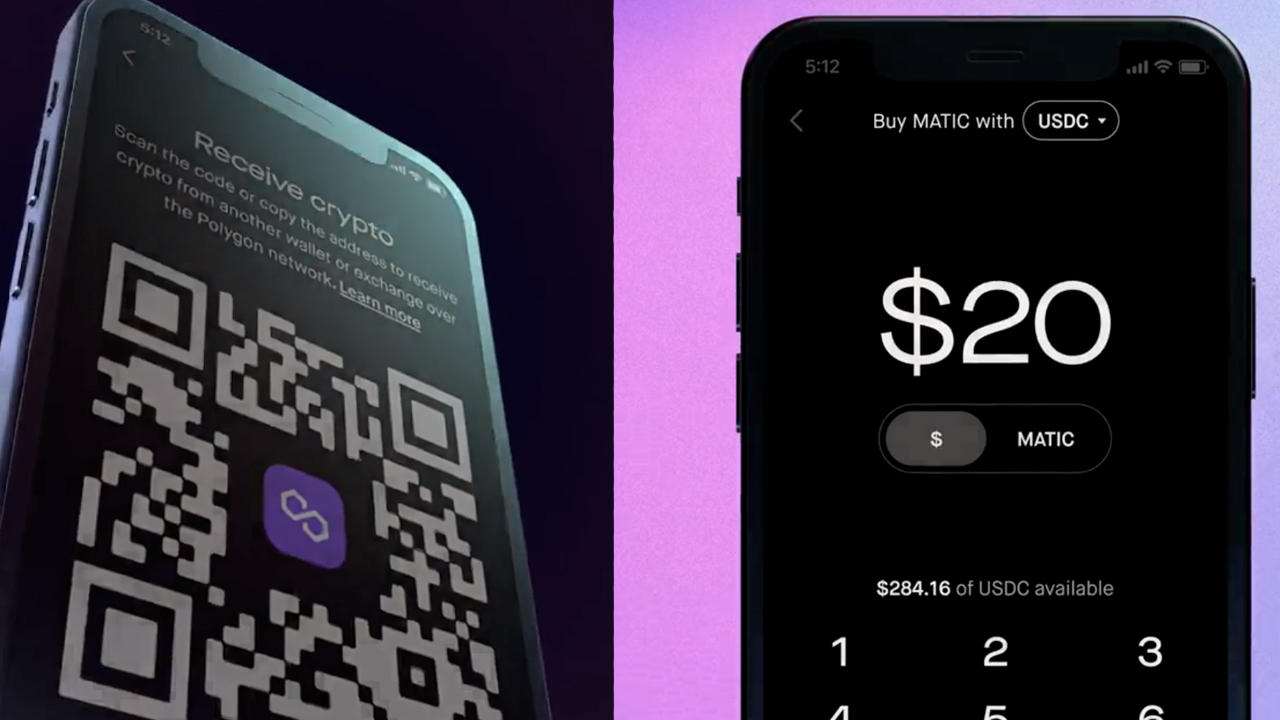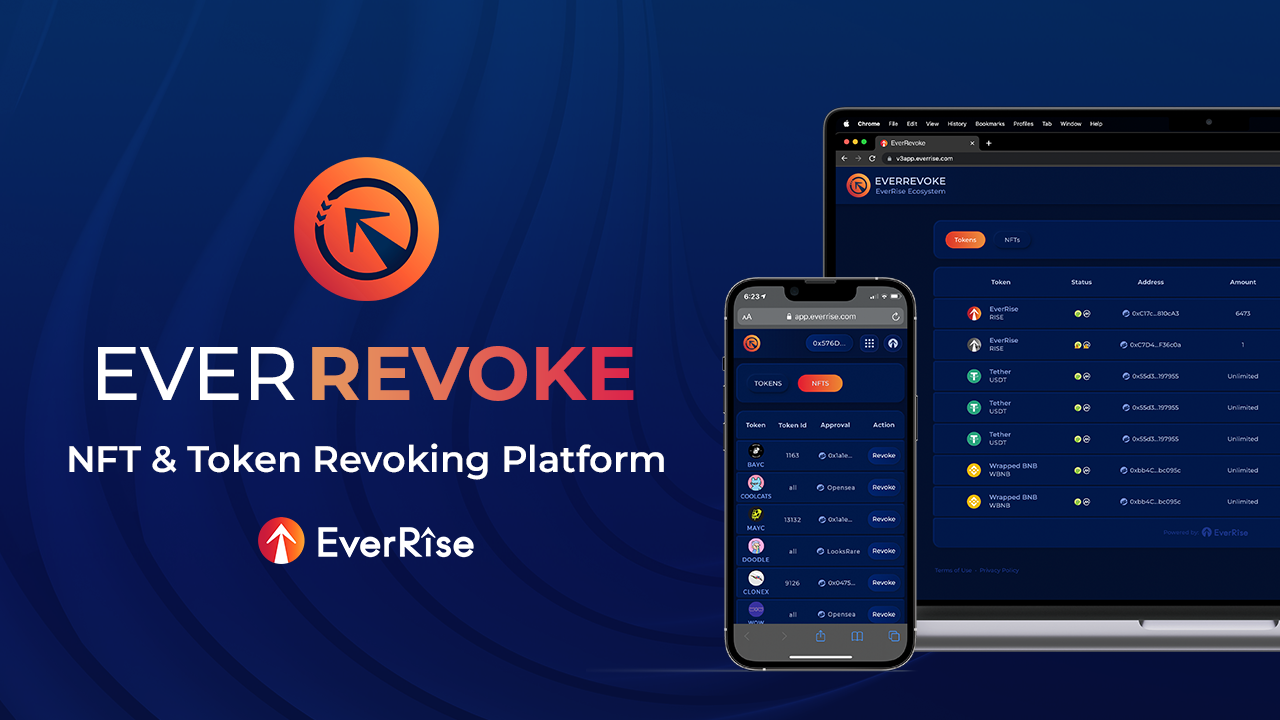The American financial services company headquartered in Menlo Park, California, Robinhood Markets, Inc., announced the launch of a new non-custodial Web3 crypto wallet on Tuesday and said the product supports the Polygon blockchain network. The application is currently for iOS users only and Robinhood is rolling out the beta version of the Web3 wallet to 10,000 clients on the company’s waitlist.
Robinhood Launches Beta Web3 Crypto Wallet to 10,000 Select Customers
During the last 12 months, Robinhood Markets has shown a strong interest in building cryptocurrency products and services. At the end of January 2022, Robinhood started to roll out the beta version of its crypto wallet that supports bitcoin (BTC), dogecoin (DOGE), and ethereum (ETH). In April, Robinhood expanded the crypto wallet participants to 2 million customers and in mid-May, the financial services company hinted at the non-custodial Web3 wallet release.

The beta version of the Web3 wallet initially will support the Polygon (MATIC) network, a proof-of-stake (PoS) blockchain that’s compatible with Ethereum. Anything connected to the Polygon network like third-party decentralized finance (defi) protocols and decentralized applications (dapps) will support Robinhood’s Web3 wallet. Robinhood detailed on Tuesday that Polygon was chosen due to its inexpensive network fees, plus “scalability, [and] speed.”
Moreover, Polygon won’t be the Web3 wallet’s exclusive blockchain as Robinhood said that eventually, the Web3 wallet will be a “multichain wallet.” “A wallet worth the wait,” Robinhood said on Tuesday. “Beta testing is now live for 10K customers from the waitlist, with Polygon as the first blockchain supported.” Johann Kerbrat, the chief technology officer of Robinhood Crypto, explained that the Web3 wallet widens new opportunities and accessibility. Kerbrat said:
Like we did with the stock market, Robinhood Wallet strips away some of the complexities of Web3 and defi to make crypto more accessible to everyone.
While the wallet is a Web3 client, the product doesn’t support non-fungible tokens (NFTs) at the moment. However, the Web3 wallet can connect to defi applications, access liquidity pools, and participate in yield farming schemes. While 10,000 Robinhood customers are able to leverage the new Web3 wallet, the financial services company detailed that 1 million customers have registered for the waitlist.
“With this launch, Polygon [and] Robinhood are bringing millions of customers to onchain defi via low gas infrastructure,” Polygon’s official Twitter account said on Tuesday.
What do you think about Robinhood Markets releasing the beta version of its Web3 non-custodial crypto wallet? Let us know what you think about this subject in the comments section below.
Image Credits: Shutterstock, Pixabay, Wiki Commons, Editorial photo credit: rblfmr / Shutterstock.com
Disclaimer: This article is for informational purposes only. It is not a direct offer or solicitation of an offer to buy or sell, or a recommendation or endorsement of any products, services, or companies. Bitcoin.com does not provide investment, tax, legal, or accounting advice. Neither the company nor the author is responsible, directly or indirectly, for any damage or loss caused or alleged to be caused by or in connection with the use of or reliance on any content, goods or services mentioned in this article.



